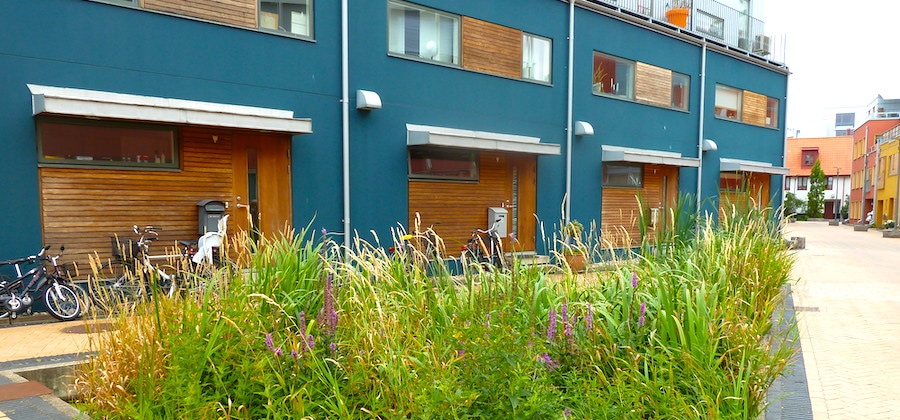
Many people may be familiar with the broader concepts of real estate development, but what effect does the way in which a project is financed have on the final outcome?
For profit
Property development has long been a business enterprise. Like all investment, it’s all about risk and reward. For-profit developers take all the risks in order to obtain the greatest reward. Typically, developers, as individuals or companies, coordinate the buying of land, designing a project, marketing it, obtaining approvals, financing, building, managing and ultimately selling. The entire process is aimed at maximising profit, but it requires very deep pockets as a project may take years to complete and the developer will only see their profit when the project is sold.
Unfortunately, not all private developers do the right thing. Some developers, either unethically or unwittingly, cause gentrification and displacement in communities by building apartments and condominiums out of the price range of local residents. Even projects pitched to provide revitalization for underserved neighborhoods have sometimes driven long-term residents from their communities and homes.
Non-profit
Non-profit developers have a vastly different purpose of existence. Their mission is to build affordable housing for the underserved sectors of the community. Non-profit housing organizations and community development corporations (CDC) make up the bulk of the non-profit development sector and have so far produced approximately one-third of the social housing stock. Unlike their private counterparts, non-profit developers generally do not have deep pockets and need to access capital through a variety of sources for both development and management as these properties are not built to be sold.
Another major difference is that unlike for-profit organizations, non-profits are exempt from paying income tax – a government reward for their investment in community.
The third way
What if there were a third way to develop? Charmaine Curtis believes there just might be.
Charmaine, the CEO of her own development and consulting firm in the San Francisco Bay Area since 2004, believes that the middle ground should be occupied by developers like her – those who want to use their talents to develop in a more equitable way. Developers who know how to drive a deal to financial viability, while at the same time building a project to be proud of that adds value to the community.
Projects would be market-driven, but always with community-first principles in mind. A developer might make a fee, or a reasonable profit commensurate with the level of risk, but that profit would also benefit the people who the development is built for. This may be the perfect meshing of the non-profit and for-profit development world, and ultimately a nobler role that developers might play in shaping more equitable cities.
Listen to my conversation with Charmaine.
Image by J D Norton
